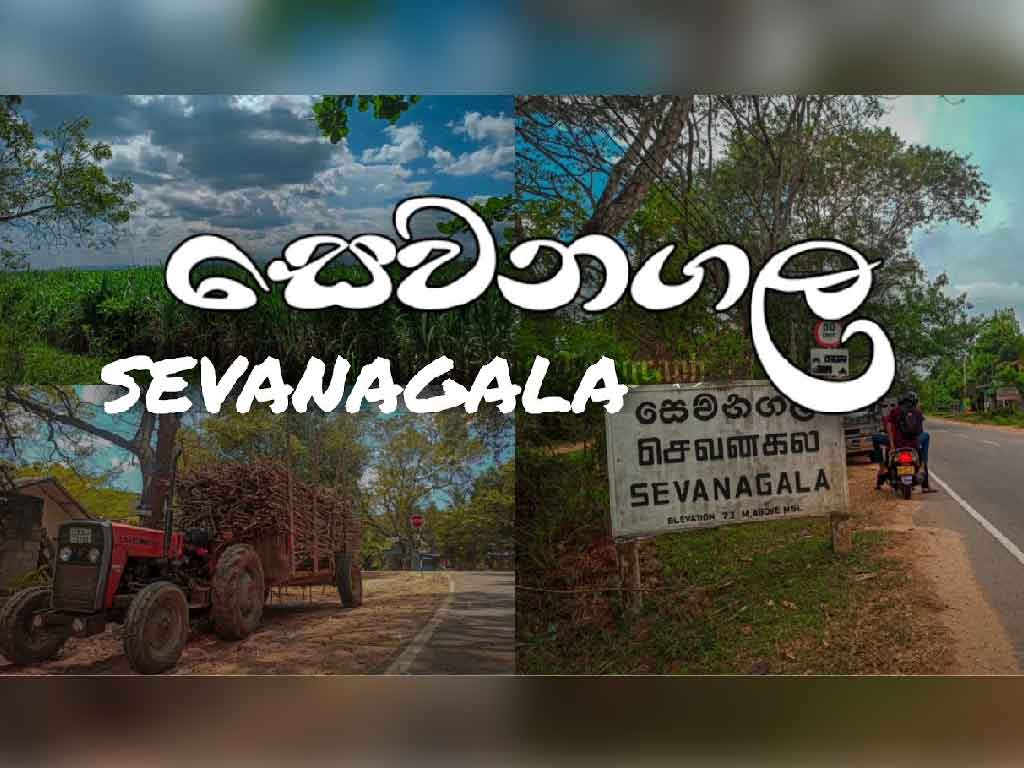
The government has announced an ambitious plan to convert approximately 15,000 hectares of land belonging to the Sevanagala and Pelwatte sugar factories into vibrant tourist hubs. This transformation will be implemented through a public-private partnership (PPP) model aimed at boosting the region’s tourism potential while maintaining its sugar production.
The Sevanagala and Pelwatte sugar factory premises are uniquely suited for tourism, featuring scenic streams, recreational facilities, and abandoned bungalows that could be repurposed as tourist accommodations. Minister of Industry and Entrepreneurship Development, Sunil Handunnetti, revealed that a cabinet paper is being prepared to seek formal approval for this project.
Strategic Location and Wildlife Attraction
The minister highlighted the strategic location of these premises, bordered by popular tourist hotspots such as Ella, Yala, and Udawalawe. The area is particularly appealing to wildlife enthusiasts, especially those interested in observing elephants. To protect sugarcane plantations from elephant encroachment, two electric fences totaling 225 kilometers have been erected at an annual maintenance cost of Rs. 430 million, with 500 employees overseeing their upkeep.
Integration of Tourism and Sugar Production
While the lands will be developed as tourist hubs, sugar production will continue uninterrupted. Tourists will even have the opportunity to observe the sugar production process as part of their visit, offering a unique blend of industrial and recreational tourism.
Minister Handunnetti assured that no current employees of the factories would lose their jobs during the transition. However, the government has decided to freeze new hires for the next two years.
Economic and Environmental Impact
The Pelwatte and Sevanagala Sugar Factories were taken over by the government on November 11, 2011, under the Underperforming Enterprises or Underutilized Assets (Revival) Act No. 43 of 2011. Lanka Sugar Company Limited (LSCL), the government entity managing these factories, has been tasked with improving the economic viability of the sugar industry.
The company aims to significantly reduce Sri Lanka’s reliance on sugar and ethanol imports, which cost the country Rs. 127 billion in 2023. By developing these lands into tourist centers, LSCL hopes to offset production costs and make brown sugar more competitive in the local market.
Attracting Private Investment
Dr. Rukshan Gunathilaka, Chairman of Lanka Sugar Company, emphasized that the existing infrastructure and skilled workforce make these areas attractive to private investors. The PPP model will allow investors to partner with the government, sharing both responsibilities and profits.
Additionally, Dr. Gunathilaka called for a reduction in taxes on brown sugar to enhance its competitiveness against white sugar in the local market, further contributing to the long-term sustainability of the sugar industry.
This initiative promises to transform Sevanagala and Pelwatte into economically vibrant regions, blending industrial production with eco-tourism and contributing to the overall development of the country’s economy.




